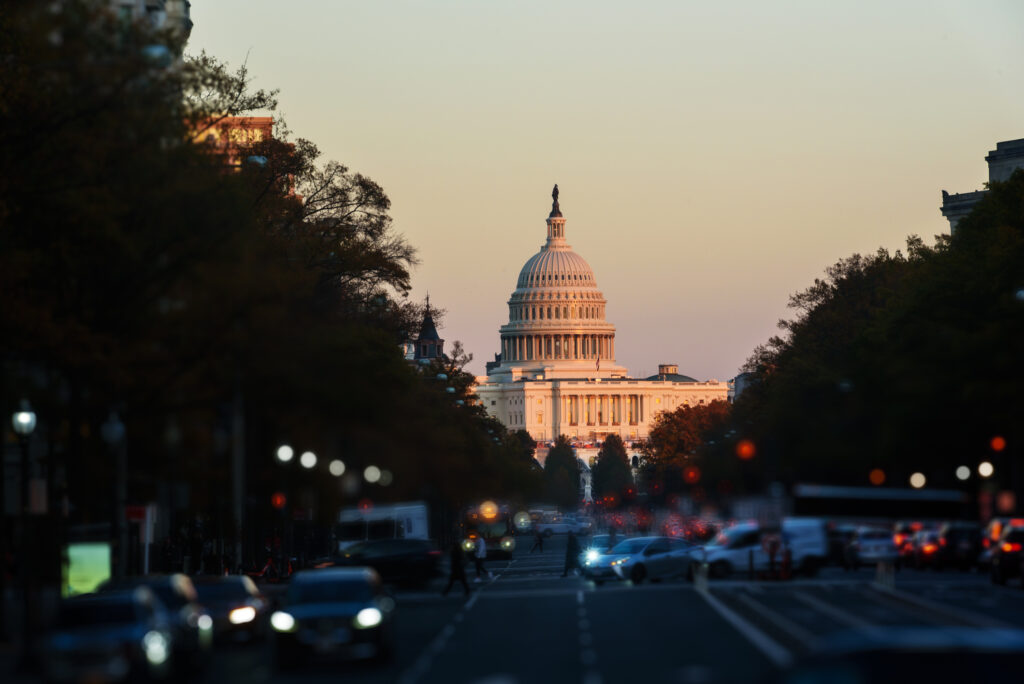In January, a bipartisan group of Indiana lawmakers proposed a tax increase on e-cigarette sales in the state and an increase of regulations on e-cigarette use. State Reps. Edward Clere (R-New Albany) and Charlie Brown (D-Gary) are sponsoring the bill, with the backing of state Attorney General Greg Zoeller.
The proposed bill, if approved and signed into law, would ban the use of e-cigarettes in all areas where the current tobacco ban is currently enforced. It would also add a 24 percent tax on the wholesale price of e-cigarettes and e-cigarette supplies, an excise tax Zoeller told reporters he hoped would stop e-cigarette usage “in its tracks.”
Questioning the Benefits
However, the public health benefits of sin taxes are questionable.
“There is no rational public health justification for placing a sin tax on the sale of vapor products and electronic cigarettes. For years, anti-smoking activists have pushed for higher taxes on cigarettes by using the justification that they help smokers quit,” said Greg Conley, a research fellow at The Heartland Institute, which publishes Budget & Tax News. “So why are these same activists trying to hike the price of a product of the free market that is proving to be extremely helpful for smokers looking to improve their lives?”
‘The $64,000 Question’
According to a 2010 paper published by the National Bureau of Economic Research, McMaster University Canada Research Chair Philip DeCicca discovered many U.S. states’ sin taxes are too high, driving consumers to purchase tobacco from states with lower excise taxes, instead of reducing tobacco usage.
DeCicca’s study found many U.S. states’ sin taxes are too high and drive consumers to purchase tobacco from states with lower excise taxes.
Whether excise taxes are an effective tool to influence consumer behavior is “is the $64,000 question,” DeCicca told Budget & Tax News.
“It is pretty clear that cigarette taxes are higher than the optimal level, with most of the large increases coming in the last 10 years or so,” he explained. “I tend to think that cigarette taxes are minimally effective, and public disapproval has driven the overall decline in smoking we have seen over time.”
Matt Hurley ([email protected]) writes from Cincinnati, Ohio.
Internet Info:
“Excise Tax Avoidance: The Case of State Cigarette Taxes,” Philip DeCicca. http://www.heartland.org/policy-documents/excise-tax-avoidance-case-state-cigarette-taxes/




